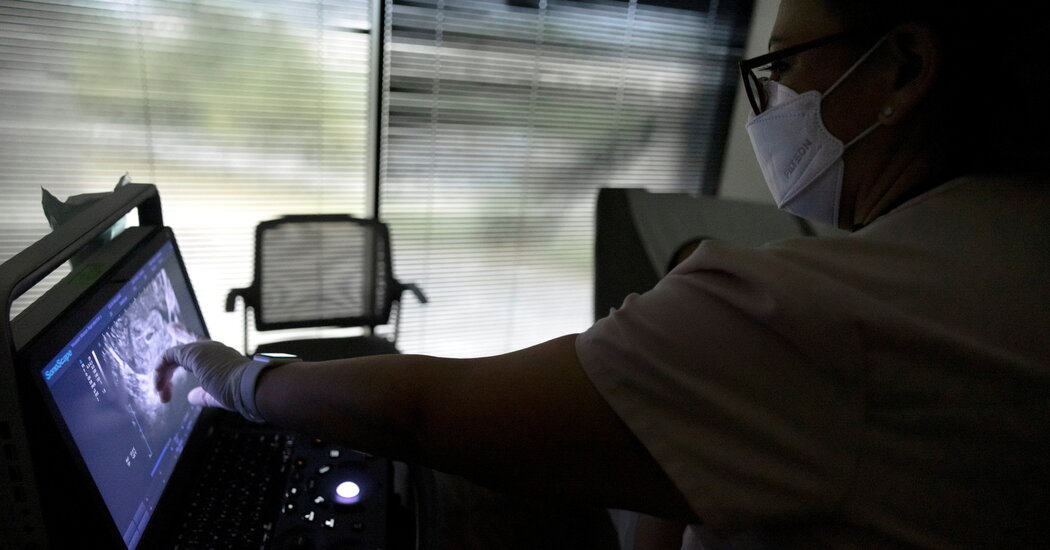
The Supreme Court’s decision in Roe v. Wade established a right to abortion up until the point in a pregnancy when a fetus could survive outside the womb. For decades, that point of viability was considered to be about 24 weeks into a pregnancy.
In recent years, advances in medicine and efforts by some medical centers have nudged that threshold slightly earlier. Now, many hospitals will attempt to provide lifesaving treatment like resuscitation and ventilation to babies delivered at 23 weeks of pregnancy.
In a smaller percentage of cases, such aggressive treatment has enabled the survival of babies delivered as early as 22 weeks. Still, some hospitals consider it more ethical to spare fragile 22-week newborns the pain of being subjected to prolonged intensive care that may not ultimately save the baby’s life. Before 22 weeks, babies are generally considered to have virtually no chance of survival or to be too underdeveloped to be treated with intensive care, although there have been rare exceptions of babies born at 21 weeks.
Many, but not all, children born extremely prematurely have lifelong health or developmental challenges such as cerebral palsy, epilepsy, visual impairment or underdeveloped lungs. Some doctors and researchers are studying these children to learn more about their lives as they grow into adulthood.
There is no possibility of fetal viability at the point at which the Mississippi law would outlaw most abortions in the state, 15 weeks, nor are Mississippi officials claiming that a baby could survive at that stage.




